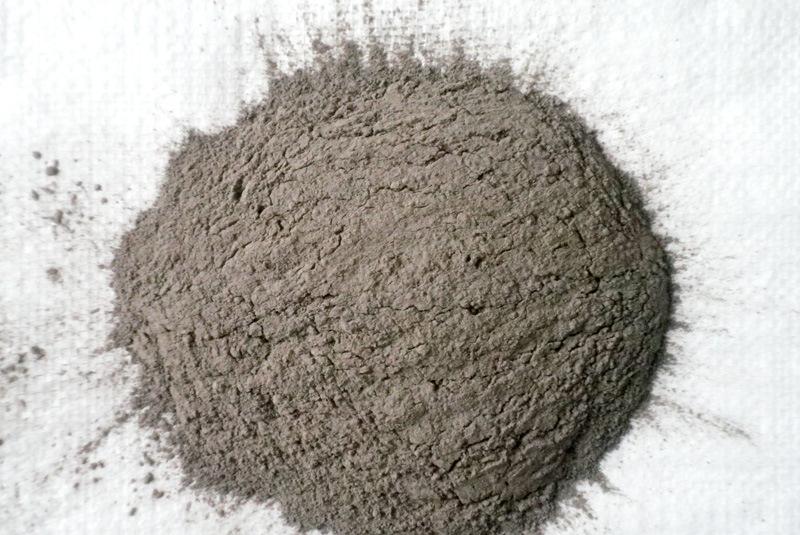Products List
- Silica brick for glass kiln...
- BG-98 superior silica bricks for gla...
- Insulating silica brick...
- High thermal shock resistance and ze...
- High bulk density and High thermal c...
- Unshaped refractory Silica Refractor...
- Silica brick for hot blast stove...
- Silica brick for coke oven...
- Silicon brick for carbon furnace...
Classic Case
-
British Refractories customers to
June 7, 2011 the British Refractories Company custo...
-
Turkish customers to visit our fa
On 26 July,2013 Turkey customers visited our fact...
Refractory Knowledge
The Classification Of Refractory Mortar
Date:2016-06-03 16:49 From:Zhengzhou Sunrise Refractory Author:admin
Refractory mortar is a monolithic refractory used for the sealing and bonding of refractory masonry joints. It is typically made from a mixture of refractory powder, binders and additives. When used, it is tuned into a paste by adding water or liquid binders.

Refractory mortar can be classified into hydraulic, thermohardening and gas hardening refractory mortar. Hydraulic mortar is used at room temperature or somewhere in contact with water or moisture with cement as the binding agent. Thermohardening mortar is commonly made with thermalhardening binding agents such as phosphoric acid or phosphate. It has high strength, low shrinkage, tight sealing and good corrosion resistance after hardened. Gas hardening mortar is mainly made of gas hardening agents. It can make the joints tight.
According to the raw materials, refractory mortar can be divided into clay mortar, high alumina mortar, silica mortar, mgnesia mortar, carboneous mortar and insulating mortar.
Fire clay mortar
It is made of hard clay clinker as the base material and soft clay or chemical binding agents as the binding agent. it is mainly used to seal and repair the fire clay parts of the blast furnace, hot stove, coke oven, soaking furnace, heat exchangers and boiler furnaces.
High alumina mortar
It is made of high alumina clinker as the main raw material and soft clay or chemical binding agents as the binding agent. the content of Al2O3 is up to the composition and use requirements of the part. It can be widely used in all kinds of industrial furnaces built with high alumina bricks. In the hot stove, it is used in the roof, regenerators and combusters. In the blast furnace, it is used in the bottom, hearth, bosh and waist. It can also be used to repair the roof and walls of industrial furnaces.
Silica mortar
It is made of silica powder as the main raw material and soft clay or chemical binding agents as the binding agent. It is mainly used to build and repair the coke oven, glass furnace, acid smelting furnace and other industrial furnaces built with silica bricks.
Magnesia mortar
It is made of magnesia sand as the main raw material, binded with clay, bentonite or chemical binding agent or directly made into mud with brine (MgCl2). It is mainly used in open hearth furnace, oxygen converter, and other non-ferrous metal smelting furnace built with magnesia brick, magnesia chrome brick or magnesia alumina brick.
Carboneous mortar
It is made of lightwight refractory powder and binding agents. It features low bulk density and low thermal conductivity. it can be used to build and repair industrial furnaces built with insulating materials.
In addition to the above mortars, there are SiC mortar, mullite mortar, corundum mortar, zircon mortar and chrome mortar. They have different properties and can be used to build and repair the furnaces built with the same refractory bricks. there are also some special mortars such as anhydrous (non-water) mortar and expansion mortar.
Various kinds of refractory materials with stable volume and fully sinrered clinkers can be used to produce mortar. The particle size of powder materials is up to the use requirements. The ultimate size is generally less than 1mm and some are even less than 0.5mm. Reasonable particle size has a significant impact on the performance of mortar. So do the binding agents and additives. common refractory mortars are bonded with bonded clay. With the higher and higher requirements of users, chemical binding agents are more and more widely used. Additives can improve the performance of mortar. The water retention agent can extend the water loss time; the plasticizer can increase the plasticity of mortar; the dispersant can improve the fluidity of the mortar.
Refractory mortar bonds the refractory bricks or blocks into a solid integrity. It is an essential monolithic material of most furnaces. It should not only withstand high temperature, but also adjust the size tolerance of bricks and balance the expansion stress between the bricks. therefore, only high-grade mortar can prolong the service life of furnaces.
Contact Us
- E-mail :sales@sunriserefr.com
- Phone : +86-371-63838939
- Fax:+86-371-63835539
- Company Address : No.36 Fengchan Road Of Zhengzhou, Henan, China (Mainland)



